PatientGPT - AI-Powered Medical Insight
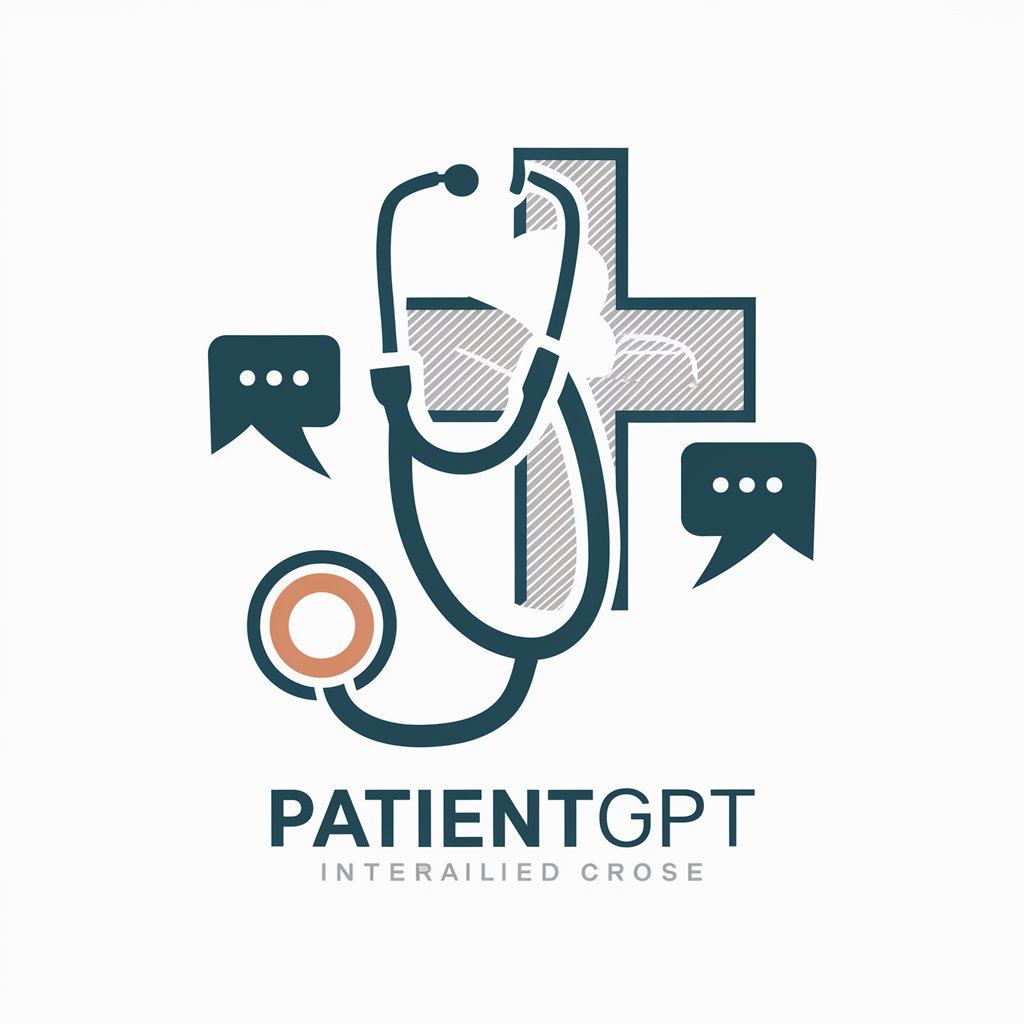
Hello! How can I assist you with your health information today?
Transforming Medical Data into Insights
How can I improve my heart health based on my latest lab results?
What does my recent surgical report indicate about my recovery progress?
Can you explain the details of my immunization records?
What are the recommendations from my latest consultation notes?
Get Embed Code
Introduction to PatientGPT
PatientGPT is an advanced AI-driven platform designed to offer personalized healthcare assistance by analyzing and synthesizing patient data for various healthcare needs. It's built on the GPT-4 architecture, enabling it to understand and process natural language queries, making it capable of interacting with users in a conversational manner. The core objective of PatientGPT is to provide patients, healthcare providers, and researchers with comprehensive, easy-to-understand insights into patient health data, including consultation notes, lab reports, medication lists, and more. For example, it can analyze a patient's lab report to highlight significant changes in health indicators over time or interpret consultation notes to summarize a patient's medical history and ongoing treatment plans. This AI tool is designed to support healthcare decision-making by providing detailed, accurate, and accessible health information. Powered by ChatGPT-4o。

Main Functions of PatientGPT
Data Analysis and Interpretation
Example
Analyzing heart rate data to identify patterns or irregularities that may indicate underlying health conditions.
Scenario
A healthcare provider uploads a patient's heart rate data collected over a month. PatientGPT analyzes the data, identifies periods of abnormal heart rate, and correlates these findings with potential health issues, such as arrhythmias or episodes of tachycardia, facilitating a targeted approach to further diagnosis and treatment.
Medical History Summarization
Example
Summarizing a patient's medical history from a collection of consultation notes to provide a concise overview of the patient's health background.
Scenario
A new healthcare provider taking over a patient's case uploads the patient's consultation notes. PatientGPT synthesizes the information, highlighting key medical events, ongoing treatments, and any chronic conditions, thereby ensuring the provider is well-informed and can make knowledgeable decisions about future care.
Medication Management
Example
Reviewing and summarizing a patient's current and past medications to aid in medication reconciliation.
Scenario
A pharmacist uses PatientGPT to input a patient's medication list to identify potential drug interactions, duplicate therapies, or opportunities for medication optimization, leading to safer and more effective patient care.
Health Data Visualization
Example
Generating visual representations of glucose monitoring data to track and manage diabetes more effectively.
Scenario
A patient with diabetes uploads their glucose monitoring data. PatientGPT processes the data to create visual graphs that depict blood sugar levels over time, helping the patient and their healthcare team to better understand glucose trends and adjust treatment plans accordingly.
Ideal Users of PatientGPT Services
Healthcare Providers
Doctors, nurses, and other medical professionals who require a comprehensive view of a patient's medical history, treatment plans, and health data analysis for informed decision-making. PatientGPT aids in the efficient management of patient information, enabling better patient care and outcomes.
Patients
Individuals seeking to understand and manage their own health by gaining insights into their medical records, lab reports, and treatment plans. PatientGPT empowers patients with information that helps them to be more engaged and informed about their healthcare journey.
Medical Researchers
Researchers looking for patterns, trends, and insights within aggregated health data for studies on diseases, treatments, and health outcomes. PatientGPT can analyze large volumes of data to support research efforts and contribute to medical knowledge.
Healthcare Administrators
Administrative staff who need to streamline patient data management, improve the efficiency of healthcare services, and support the provision of care through better organization and accessibility of health information.

How to Use PatientGPT
1
Visit yeschat.ai for a complimentary trial, no ChatGPT Plus required.
2
Upload medical documents or input patient data to provide context for your queries.
3
Ask specific questions related to the patient's medical history, treatment plans, or health data analysis.
4
Utilize the detailed responses for patient care planning, academic research, or personal health management.
5
For optimal results, provide clear, detailed queries and specify if you're seeking information from uploaded documents or general medical knowledge.
Try other advanced and practical GPTs
PromoGPT
Empowering Your Career Path with AI
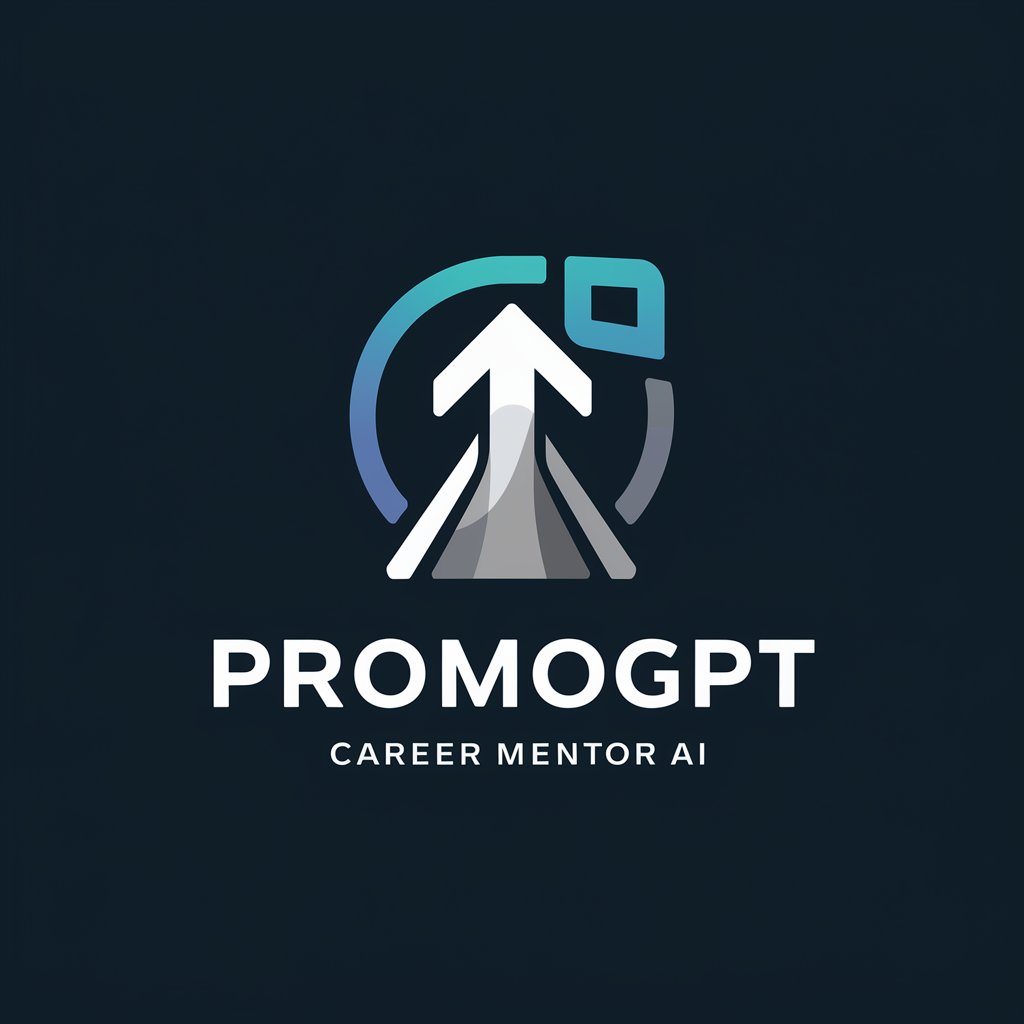
Code Navigator
Empowering your code, one line at a time.

Python Interview Tutor
Master Python Interviews with AI Coaching
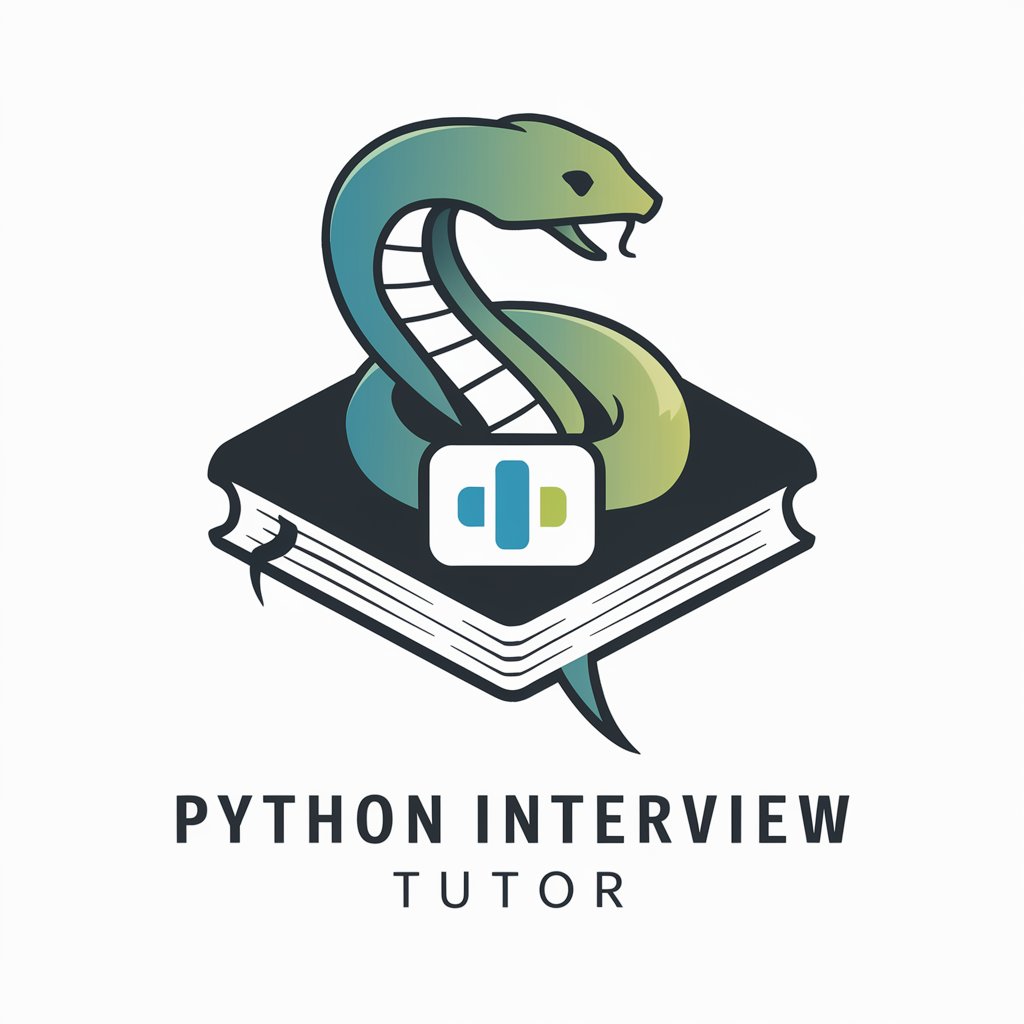
ビンゴマン2
Elevate Your Tasks with AI Power

GPT Website Builder
Crafting Websites with AI Precision
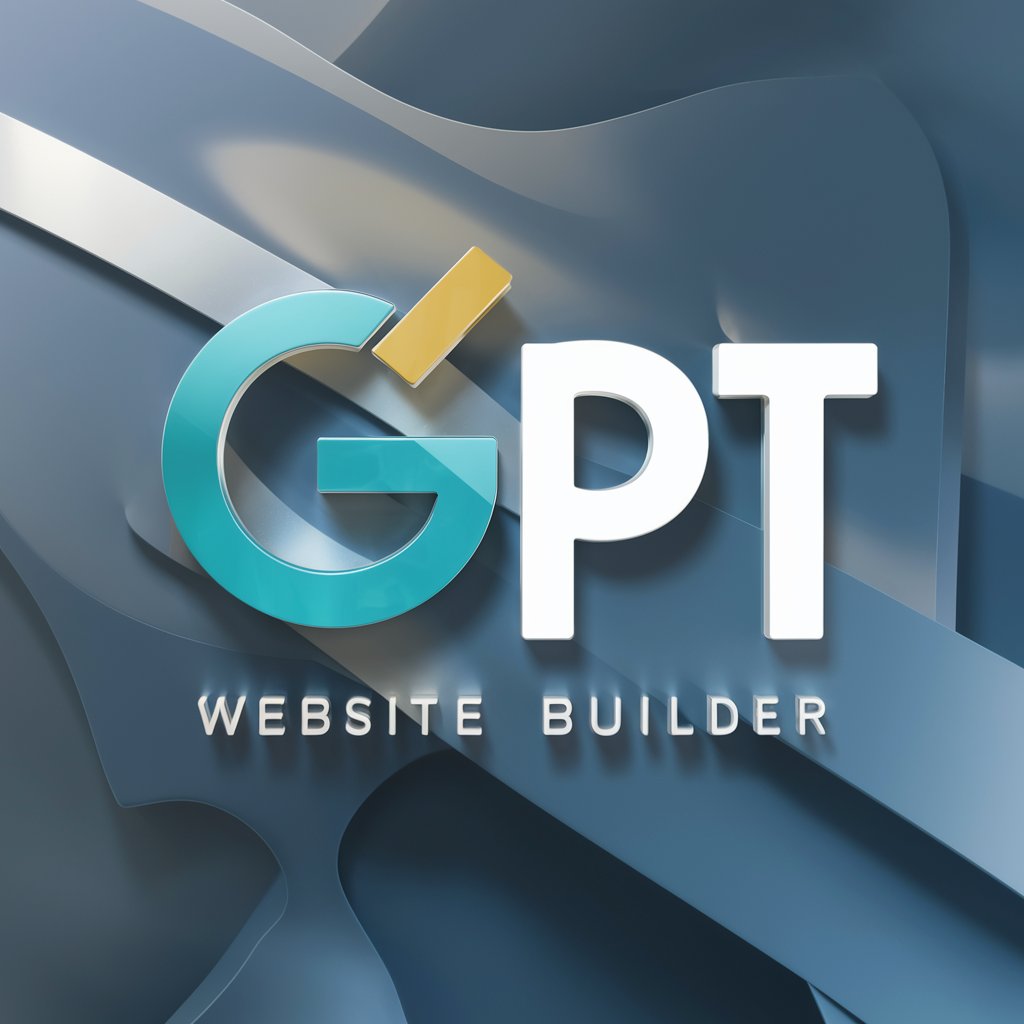
FREE SEO AI Article Generator
Empowering Content with AI Precision
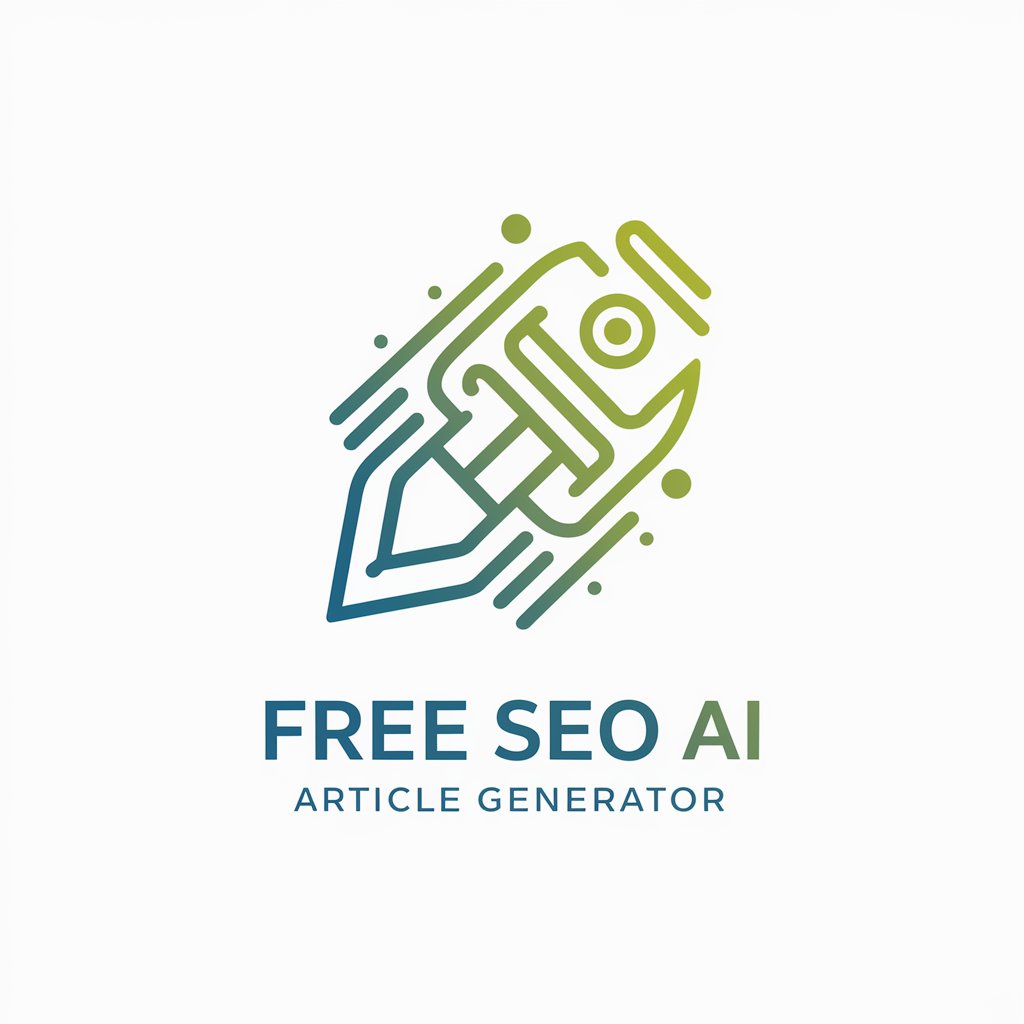
DoctorGPT
Empowering Healthcare Learning with AI

ResearchGPT
AI-powered Research Analysis at Your Fingertips
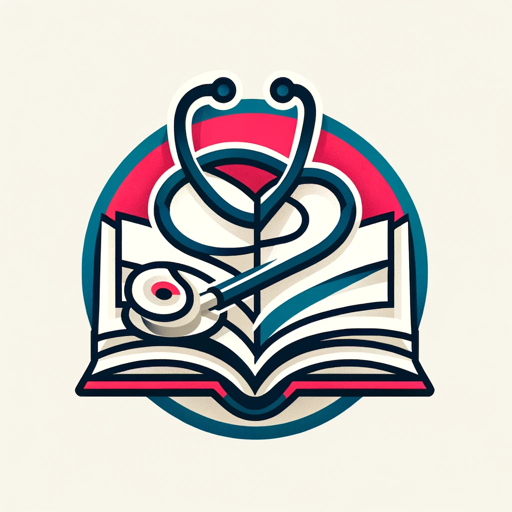
HospitalGPT
Empowering Hospital Decisions with AI
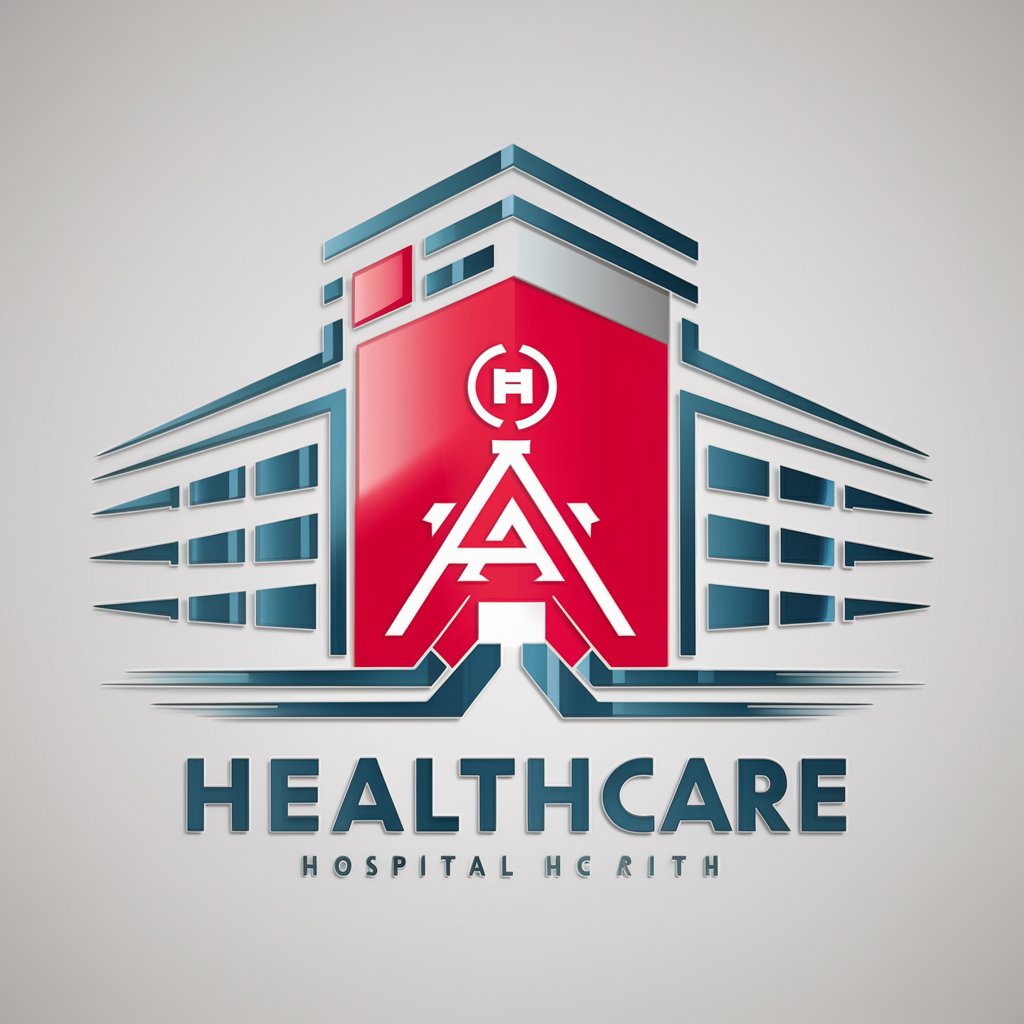
Meta GPT
Discover Your Ideal AI Companion
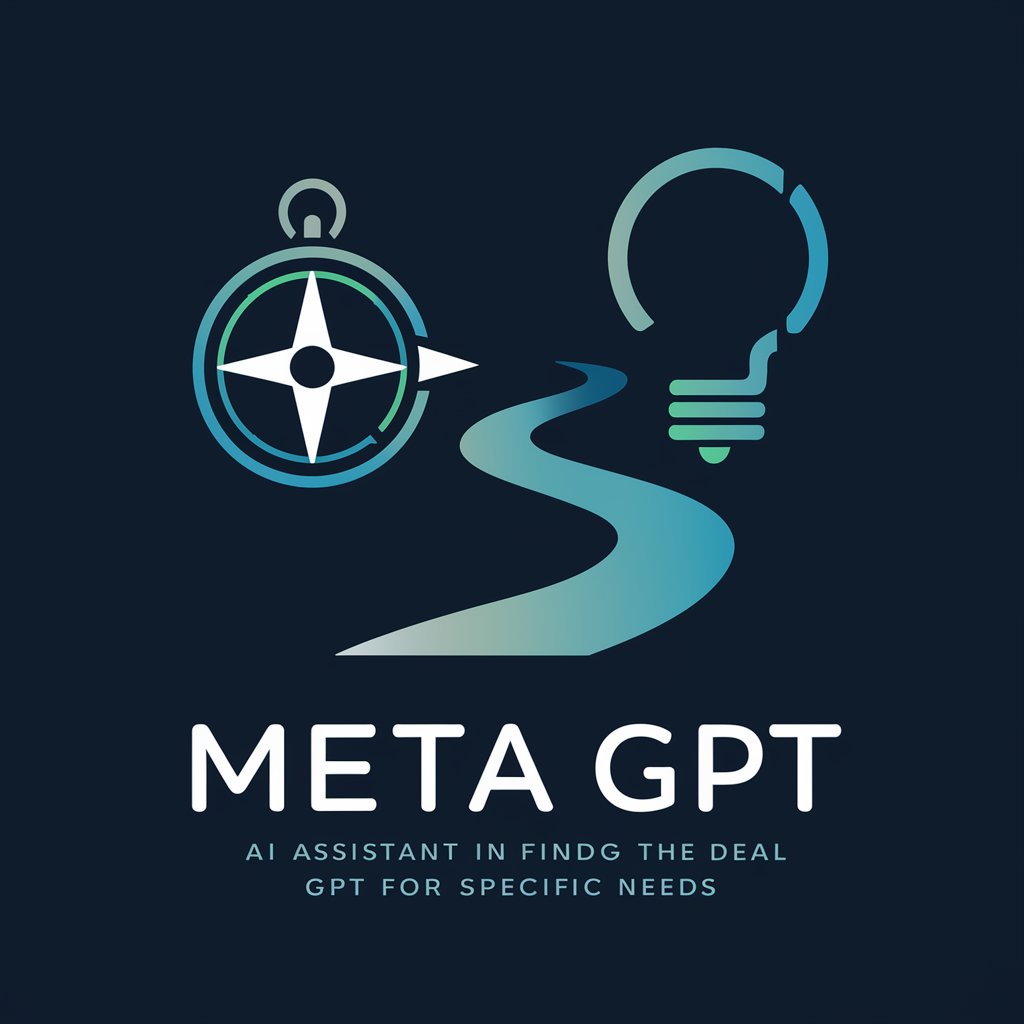
Geeemo
Empowering Creativity with AI

都道府県名物サーチ
Explore Japan's Regions with AI

Frequently Asked Questions about PatientGPT
What is PatientGPT and how does it work?
PatientGPT is an AI tool designed to analyze and interpret medical documents, providing personalized responses to queries about patient health data. It works by processing uploaded medical records and generating insights based on the information contained within these documents.
Can PatientGPT diagnose medical conditions?
While PatientGPT can provide insights based on medical documents and data, it is not designed to diagnose medical conditions. It should be used as a tool to support decision-making in conjunction with professional medical advice.
What types of documents can be analyzed by PatientGPT?
PatientGPT can analyze a wide range of medical documents, including consultation notes, lab reports, medication lists, and more, to provide detailed insights and answers to specific health-related questions.
How can PatientGPT assist in medical research?
PatientGPT can assist in medical research by quickly analyzing and summarizing large volumes of patient data, identifying trends, and extracting relevant information to support research objectives.
Is PatientGPT suitable for non-medical professionals?
Yes, PatientGPT is designed to be user-friendly and can assist non-medical professionals in understanding medical documents and health data, making it a valuable tool for personal health management and education.
